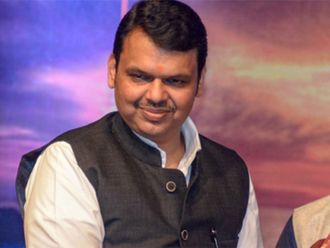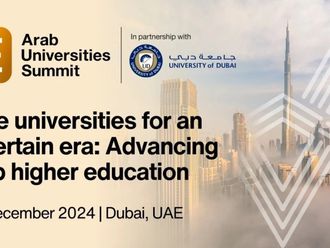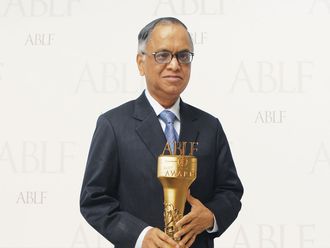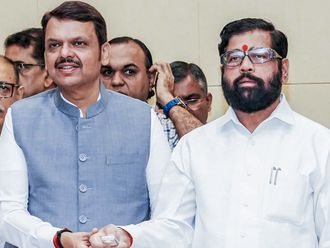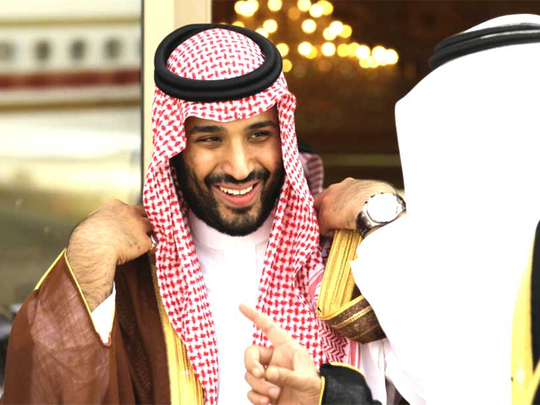
For those who may not know it, the Kingdom of Saudi Arabia, a country that holds the distinction of being the largest and most populous in the Gulf Cooperation Council has been going through changes in recent weeks that would normally take other countries much more time to achieve.
The accelerated changes and actions from within have been overwhelmingly approved by an appreciative public. It started a while back with the curbing of powers of the much feared and sometimes despised Commission for the promotion of good and prevention of vices or the religious police as they were known there. They were no longer authorised to chase people, confront people or arrest people for failing to conform to very strict and often debatable religious mores. While a few Saudis muttered, by and large most of the Saudi public was relieved to be free of their perceived tyranny.
The tentacles of the religious police cemented their hold on the country’s social activities and behaviour and altered traditions, following the seizure of the Grand Mosque in Makkah when a group of fundamental zealots stormed the mosque and held it for more than two weeks before succumbing to special forces. Following the attacks, authorities took a more conservative approach and granted the religious police more powers to restrict and inhibit the lives of the country’s residents. This body of a religious force continued with its activities for decades, slowly altering behavioural patterns and social traditions. The religious police began to draw public fire when late King Abdullah Bin Abdul Aziz assumed the crown and their gradual fall from grace began. Today, many Saudis dismiss them as a spent force.
Sometimes later, the king decreed that women would be permitted to drive, nullifying a ban that stood for decades. This brought up another tremendous wave of approval and appreciation from the grateful residents of the country, and especially the females who had long been at the mercy of demanding drivers who abused their sponsor’s vehicles and made off with high salaries, while providing less-than-desirable services. Globally, there was wide approval for this bizarre ban that had its roots in the mandates of the previously powerful religious police. No longer are women made to suffer and bear their frustrations in silence. They have been given the right to drive, come next June, and it will certainly propel the country onto a new highway of opportunities as more women are expected to join the work force following the lifting of the ban.
More recently, Saudis woke up to news about a wave of arrests of princes, businessmen and public servants, past and present, who were accused of a multiplicity of crimes including theft, bribery, money laundering, illegal land acquisition and sale and a host of other charges related to public trust. This came about shortly after King Salman Bin Abdul Aziz commissioned an anti-corruption unit headed by Crown Prince Mohammad Bin Salman, who wasted no time in cracking down on errants.
After the public’s shock and bewilderment settled down, their support for the government’s actions was spontaneous. It has been the misuse of government money and assets, estimated to be in excess of $100 billion (Dh367.8 billion) annually through nefarious means, that has drained much of the funds meant to improve public services.
This is why it has taken a country awash with revenue from oil more than 20 years to build an airport in Jeddah, or ten years to establish a rail link between the two holy cities of Makkah and Madinah — a distance of less than 500 kilometres.
The misuse of public funds is also one of the reasons why some government hospitals are woefully short of much-needed supplies of medication. Corruption is the reason why many of the government schools lack basic foundations or facilities for proper learning. In some schools, principals had resorted to demanding that pupils fund a much-needed air-conditioner or a photocopier machine — despite billions being allocated by the government to the various ministries to enure public service. It is also the reason why, after decades of growth, many Saudi cities lack proper water and sanitation facilities. To this day, water trucks ply the major cities, delivering water to homes and establishments, although billions and billions of dollars had been allocated over the years to ensure a smoother and sufficient supply. The same applies to the presence of sewage trucks that cart away wastes in many residential areas.
Across the board, the government’s actions in recent times signal a determined effort to stamp out corruption that has crippled the country and robbed it of much-needed revenue. The public is extremely appreciative of the arrests of fat cats who had filled their coffers by diverting government funds into private accounts, depriving the public of essential civic amenities and public services. They are now clamouring for more arrests and seizures and return of public wealth.
For Vision 2030 to succeed, the kingdom must weed out all forms of corruption with no tolerance at all and that is what will make the public keep its faith on the system.
Tariq A. Al Maeena is a Saudi socio-political commentator. He lives in Jeddah, Saudi Arabia. You can follow him on Twitter @talmaeena.



